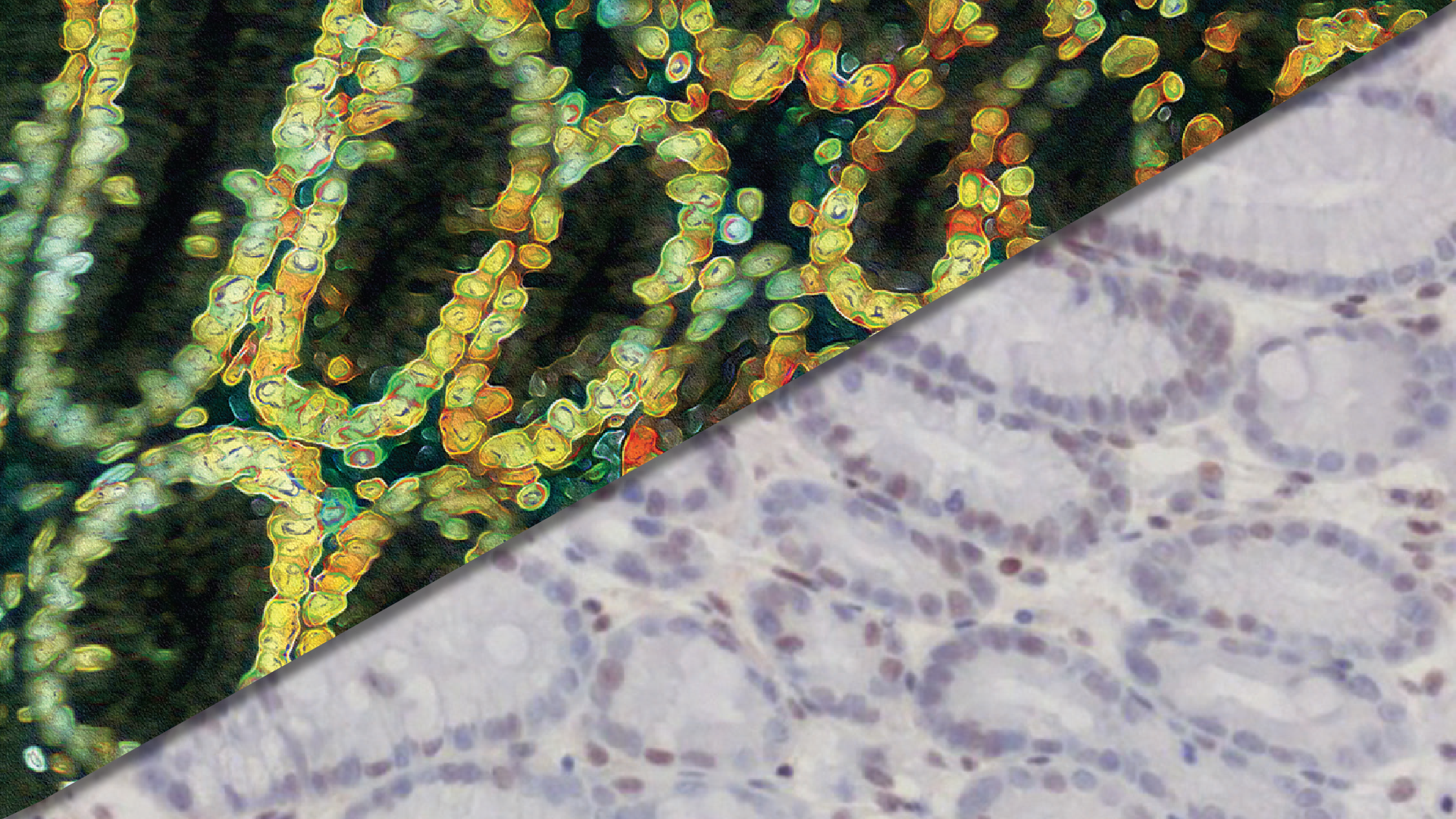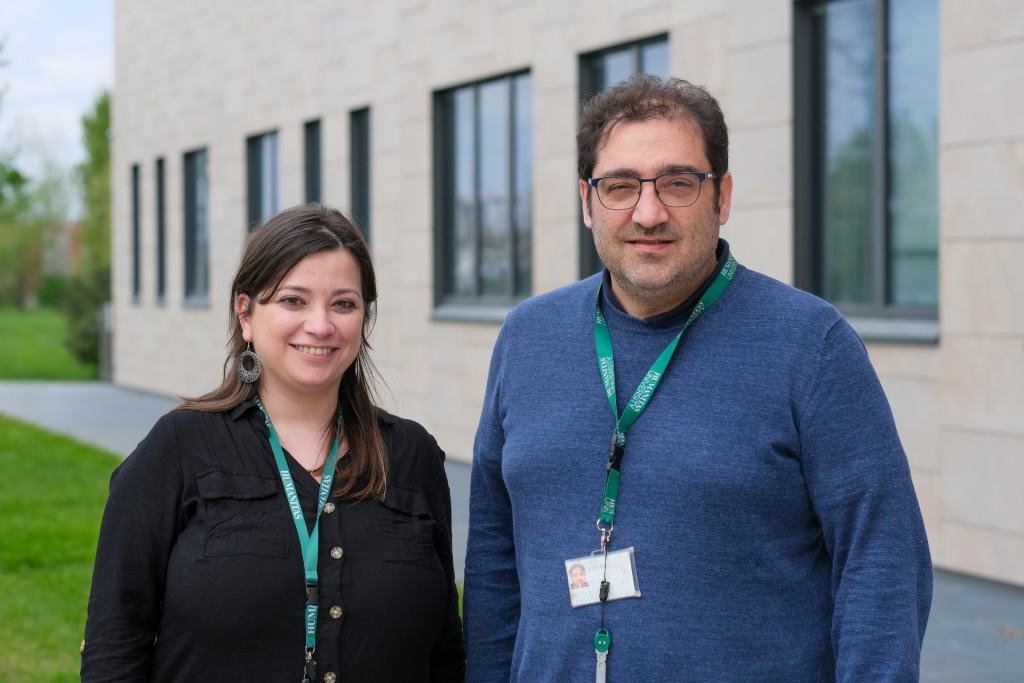The protective role of neutrophils against colitis and colorectal cancer

Neutrophils are the most abundant cells of the innate immune system and have always been considered among the most aggressive and pro-inflammatory cells. A study by Humanitas challenges the dogma, with significant implications for colorectal cancer research
Neutrophils are among the most fearsome and destructive cells of innate immunity, as well as the most abundant in the blood. Neutrophils are so dangerous that once activated — for example, in response to a bacterial infection — they only live for a few hours, precisely to limit as much as possible the damage to healthy tissues once the health threat has been eliminated.
A new study by a group of Humanitas researchers, published last week on the cover of Cancer Immunology Research, challenges this simplistic dogma by demonstrating that neutrophils also have a protective and regulatory role in intestinal mucosa during a highly inflammatory disease: ulcerative colitis. Moreover, neutrophils help tissues to repair and heal by coordinating other immune cells.
Led by Sebastien Jaillon, head of the Innate Immunity in Inflammation and Cancer Lab at Humanitas and associate professor at Humanitas University, the discovery has relevant implications not only for our understanding of ulcerative colitis but also for colorectal cancer, a tumor that arises more frequently in patients suffering from colitis precisely as a consequence of chronic inflammation.
The support of the AIRC Foundation for Cancer Research, as well as funding from the Ministry of University and Research and the Ministry of Health, made the study possible.
The Controversial Role of Neutrophils in the Link Between Inflammation and Cancer
The causal link between inflammation and cancer is now widely accepted: today we know that the immune system, through its dysfunctional and chronic activation, can promote the formation of a tumor and support its growth. However, many patients do not respond to these therapies, and numerous questions remain unanswered. Understanding the role of different immune cells will enable the development of new therapeutic approaches that can complement existing ones.
“The role of neutrophils in the cross-talk between immunity and cancer is among the least studied, despite neutrophils being among the most numerous cells of the immune system,” says Sebastien Jaillon. “This is also due to the fact that they are very difficult cells to study: they live very little, do not proliferate in vitro, and are very sensitive to stimuli. However, research like ours is beginning to reveal the complexity of these cells and the unexpected role they can play not only in promoting inflammation and cancer but, at least in some instances, in protecting us from both.”
Neutrophils Limit Intestinal Inflammation and Protect from Cancer
“In experimental models of colitis, we discovered that neutrophils play a key role in controlling inflammation: they limit bacterial infiltration into damaged intestinal tissues and promote tissue repair. They achieve this by encouraging other immune cells, specifically a type of T lymphocytes, to produce IL-22. IL-22 is a molecule known for its reparative properties, which is currently being tested in clinical trials for ulcerative colitis,” explains Silvia Carnevale, a postdoc fellow in Jaillon’s lab and the first author of the study alongside Andrea Ponzetta, who has recently moved to the Karolinska Institute in Stockholm.
The results were then confirmed by analyzing genomic data from biopsy samples of patients with ulcerative colitis: the presence of neutrophils is associated with high levels of the reparative molecule IL-22.

“Our study contributes to breaking the dogma that sees neutrophils as simple immune cells, whose only mode of activation is promoting acute inflammation,” concludes Sebastien Jaillon. “In the context of an inflammatory bowel disease, neutrophils behave very differently than expected: they maintain intestinal balance, modeling the composition of the microbiota in favor of bacterial strains that protect the mucosa, reduce inflammation levels, and promote tissue repair by coordinating the action of other immune cells, and ultimately help prevent the onset of cancer.”
The discovery opens new research perspectives and suggests the importance of recruiting neutrophils in the intestine to slow the progression of ulcerative colitis and prevent the onset of colorectal cancer.